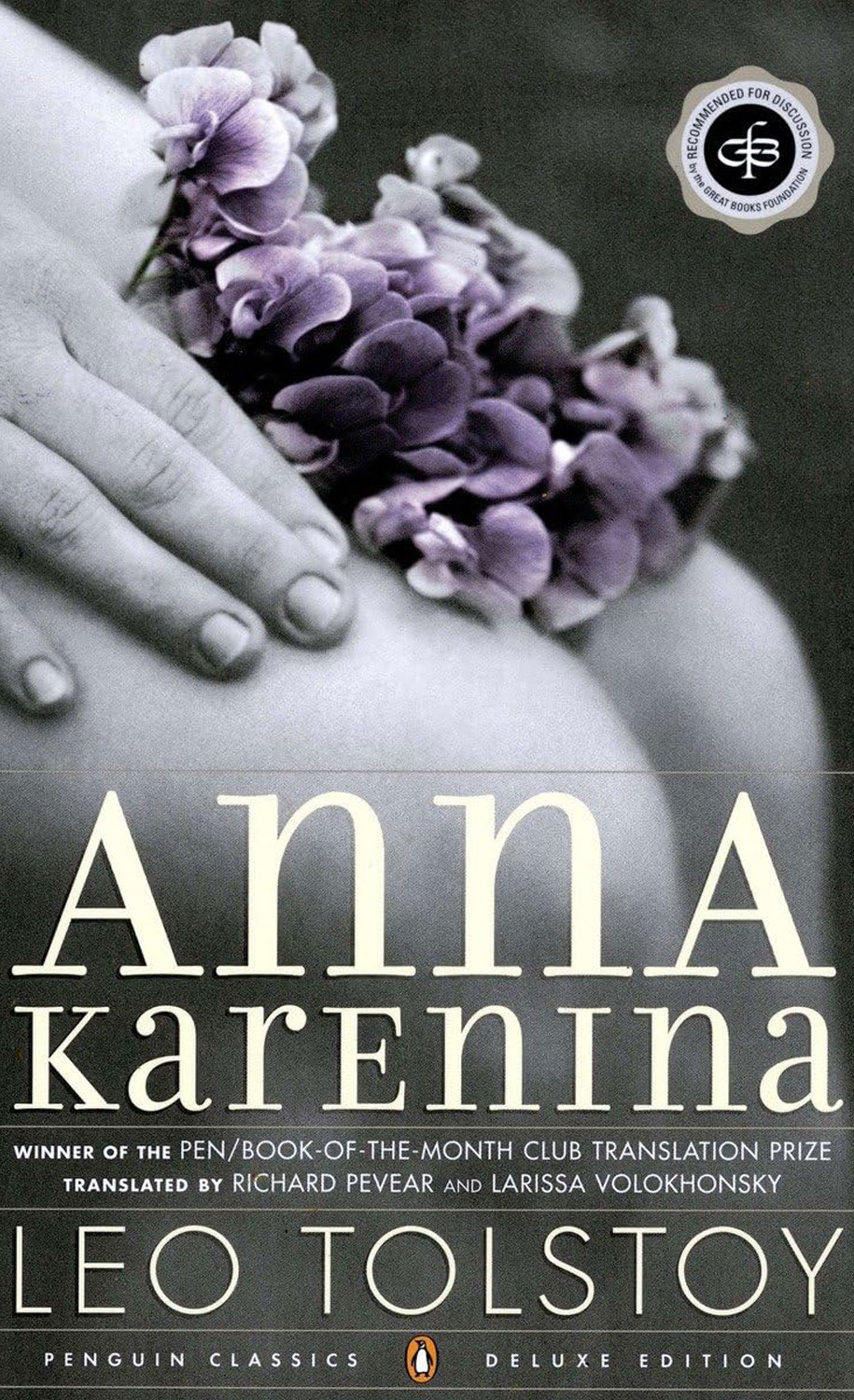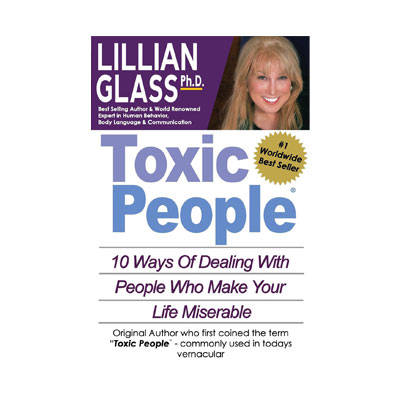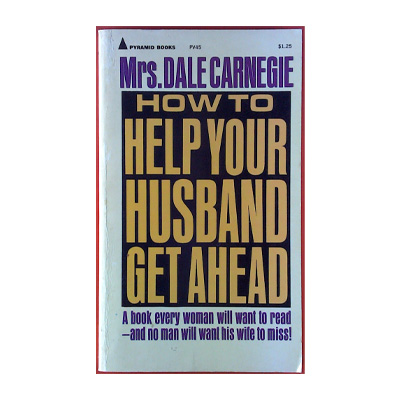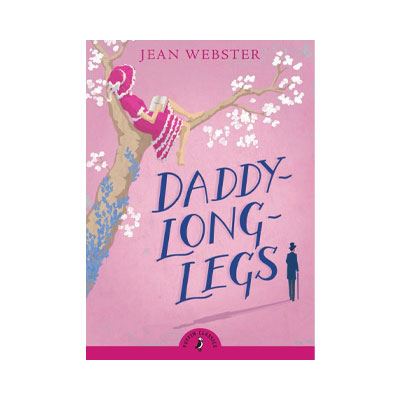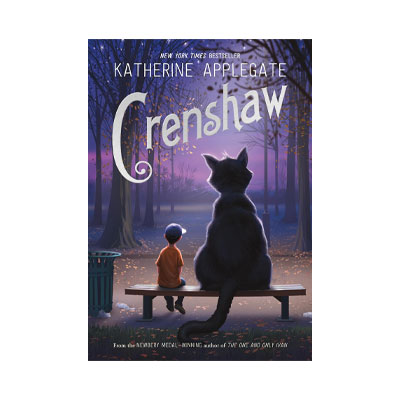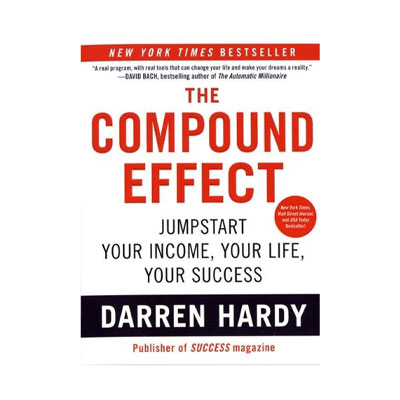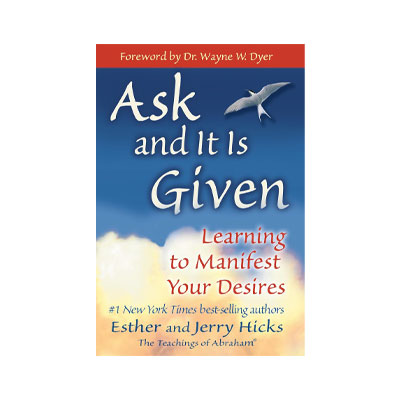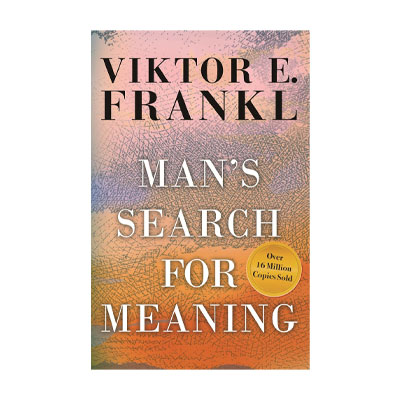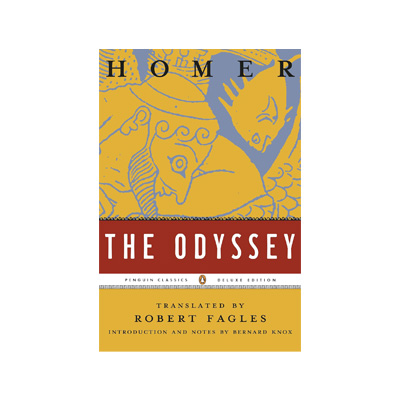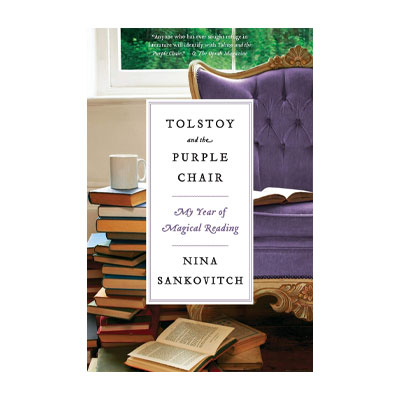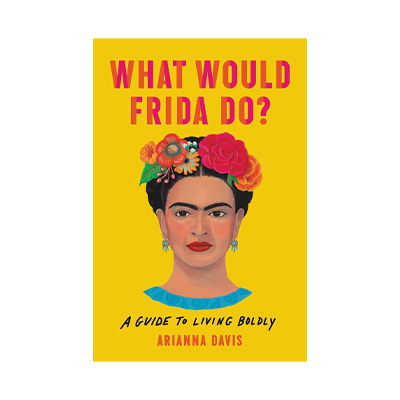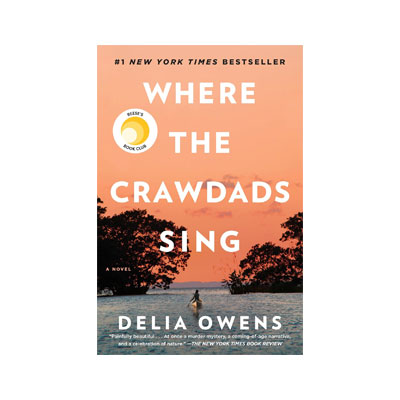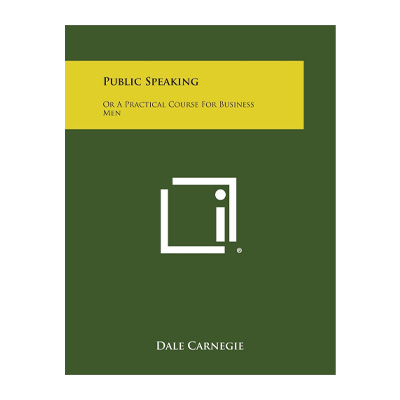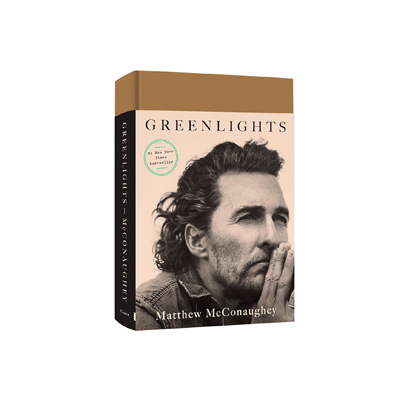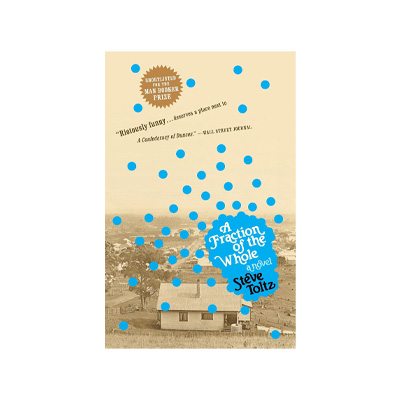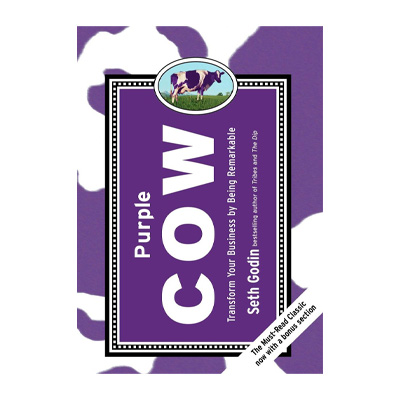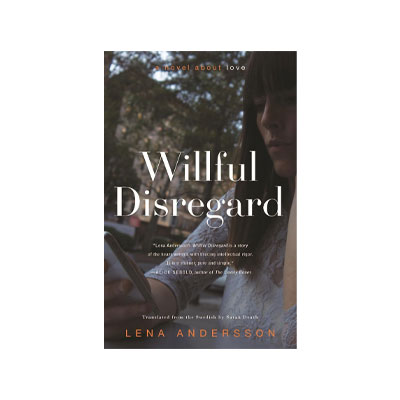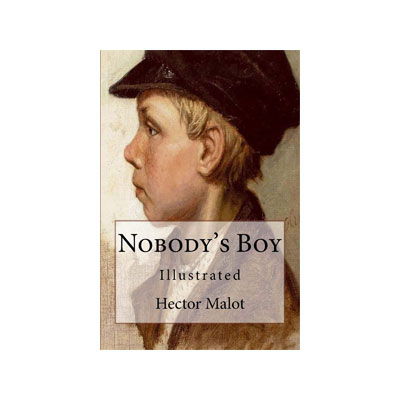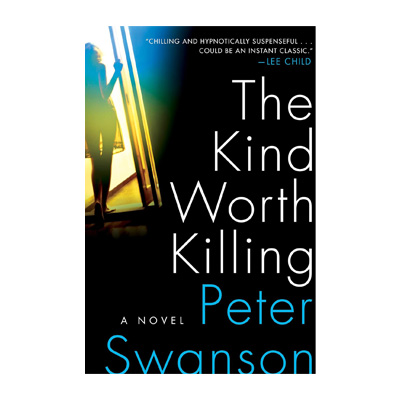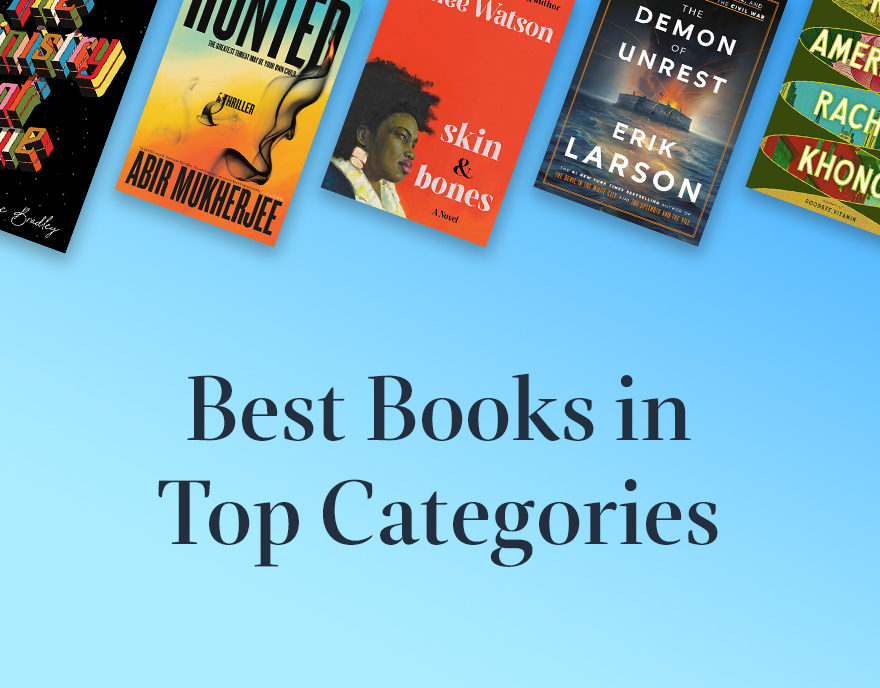Book Summary
Anna Karenina is a very famous novel by Leo Tolstoy, which tells the story of a beautiful woman who wants to resolve the conflicts between her brother and his wife. Anna Karenina, on a trip to Moscow, driven by the concerns of her brother's marital problems, encounters romantic events that not only place her in the center of attention of the Russian aristocracy, but also bring significant challenges to her own life.
Count Vronsky is a man who appears in the forefront of the story and Anna believes that he embodies everything a successful man should have, and he is even capable of compensating for the shortcomings of her future husband. However, this is just the beginning of the story, and as certain social conventions become clear, issues arise that create difficult and bitter moments for Anna and the love she holds in her heart.
Leaving her son and husband by Anna, even in a way that she can have an extraordinary life with her lover, leads to unforeseen and irreparable hardships. Tolstoy's novel, first published in 1877, is a work that gives the reader significant emotional and mental shocks in each part. Of course, the author's description of the life of another character named Konstantin Levin, a landowner who finds happiness in hard work, family, and marriage, is another part of the written work that has added to its beauty and attractiveness.
About the Author
Count Lev Nikolayevich Tolstoy was a Russian novelist, playwright, political and social activist, short story writer, and essayist. He was born on September 9, 1828 in Russia and after losing his father and mother in childhood, he was raised by his aunt. Tolstoy pursued his university education in law but left it halfway and after returning to his homeland, he joined the army and began writing professionally during his years of service. He always tried to reflect his experiences in his writings throughout his life and authored numerous works.
He had meetings and conversations with notable figures such as Thomas Edison and Charles Dickens. Due to some of his writings that criticized the government and politics, Tolstoy was forced to leave his wife and move to southern Russia with his daughter and family doctor in the final days of his life. He bid farewell to life on November 20, 1910. Some of his works include War and Peace, Anna Karenina, The Death of Ivan Ilyich, Resurrection, The Kreutzer Sonata, and A Confession.
Who Should Read the Book?
Fans of literary fiction are recommended not to miss reading one of Tolstoy's masterpieces and exploring the history of literature.
